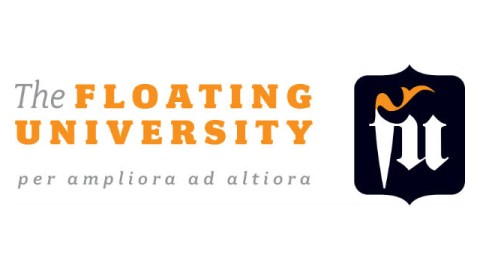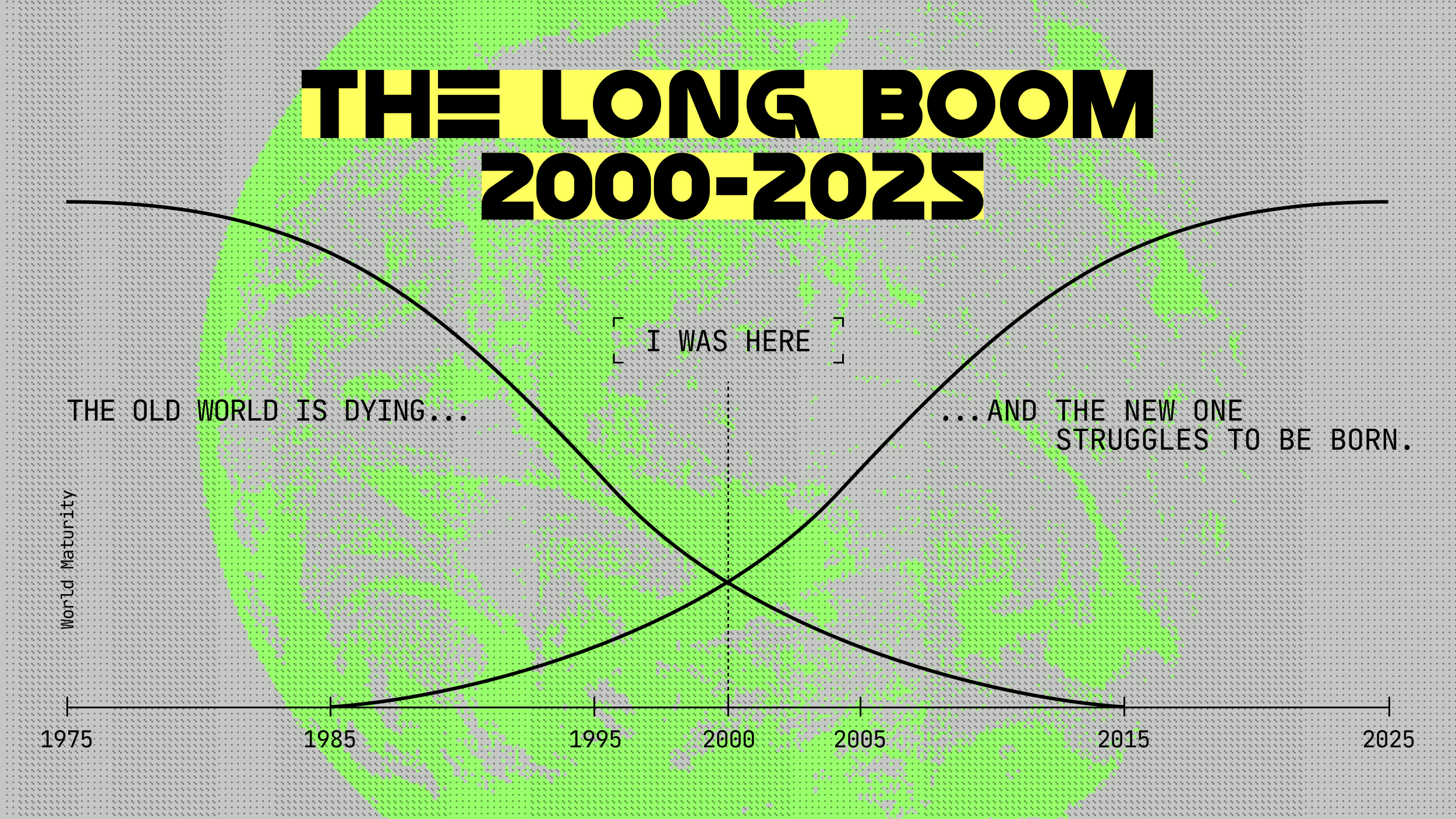Peter Hopkins: Great Big Ideas for the Future of Higher Education

Miles Grimshaw didn’t get in to the most popular course at Yale this Fall. The course, Great Big Ideas, features the best experts, scholars and professionals the world has to offer. Despite not getting a seat, Grimshaw provided perhaps the most cogent analysis of the course’s impact on higher education. Grimshaw described in a blog post how The Floating University, a new educational media venture offering online multimedia curricula at Harvard, Yale and Bard, is “both a disruptive and sustaining” innovation.
Big Think co-founder and President Peter Hopkins expanded on this point at a recent TEDxGotham conference in New York City. Hopkins said The Floating University — a joint venture between Big Think and The Jack Parker Corporation — has the dual aim to change the academy “from the outside,” and also “move the bar forward from the inside.”
What’s the Big Idea?
Great Big Ideas delivers an undergraduate liberal arts education in 12 weeks. It’s a survey of twelve major fields delivered by their most important thinkers and practitioners, including former Big Think guests Leon Botstein, Steven Pinker, Michio Kaku, Larry Summers, Doug Melton, Paul Bloom and many others. Each lecture explores the key questions in the field, lays out the methods for answering those inquiries and explains why the field matters.
Watch Peter Hopkins here:
What’s the Significance?
For the first time in more than three centuries, Harvard and Yale will concurrently offer the same course — and its primary “text” won’t be a book, but rather a video lecture series comprising the world’s greatest thinkers and leading scholars.
In his talk, Hopkins posed these four questions that directly relate to the significance of this innovation:
This blog is meant to keep you updated on the latest Floating University developments. Stay tuned for more on The Floating University, its lecturers, courses, and offerings. To subscribe to The Floating University visit: www.floatinguniversity.com.





